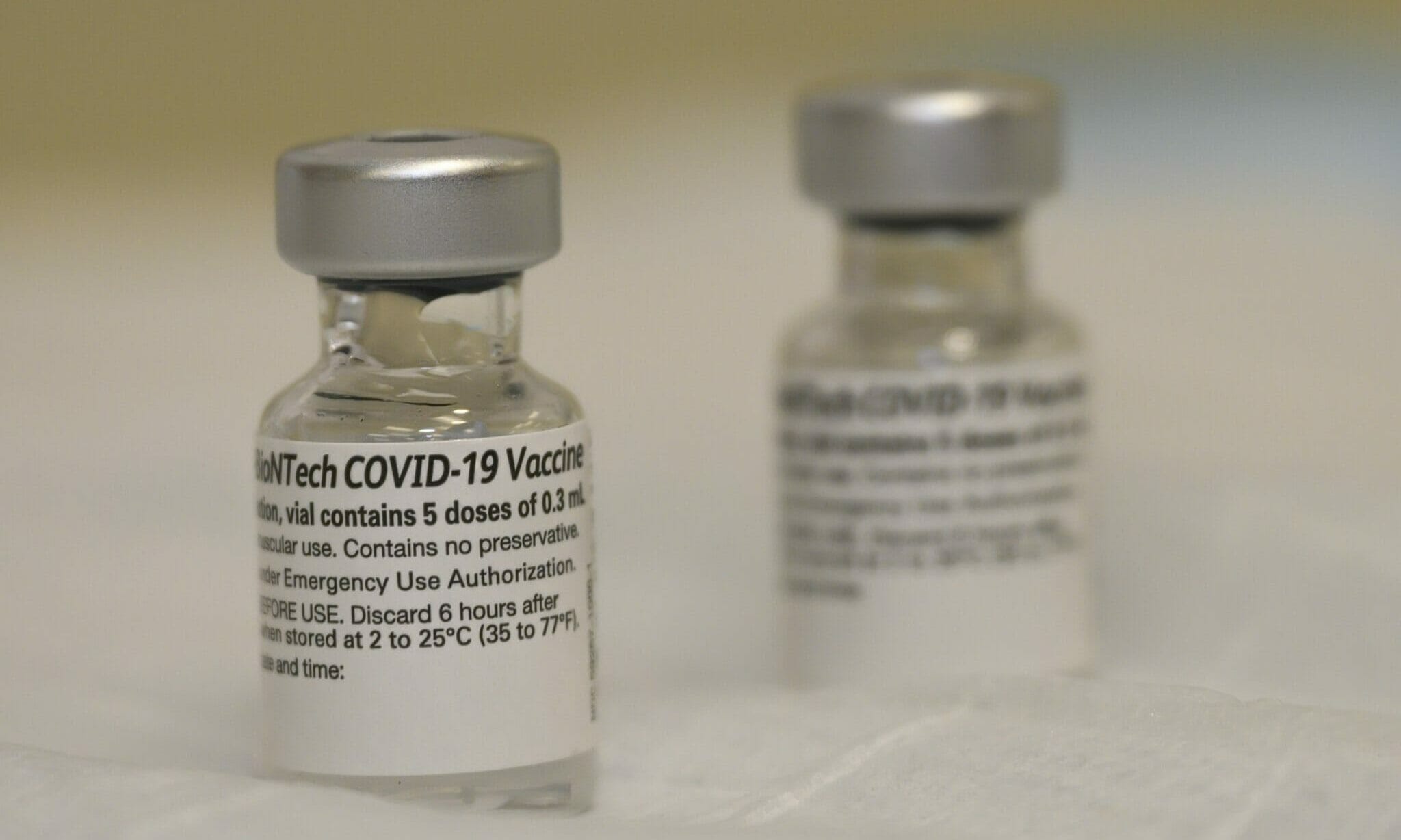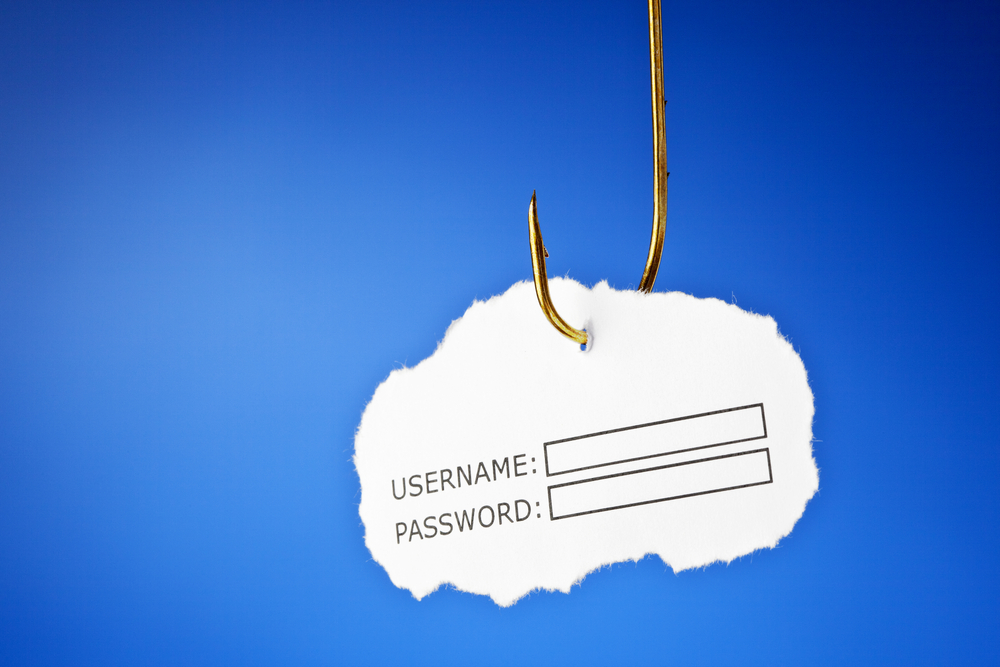The European Medicines Agency (EMA) was recently targeted in a cyberattack, in which documents associated with vaccine development had been accessed.
GenRx Pharmacy, a Scottsdale, Arizona-based healthcare organization, has warned hundreds of thousands of patients over a potential data breach following a ransomware attack earlier this year.
“Recently, offenders have been using victims’ smart devices, including video and audio capable home surveillance devices, to carry out swatting attacks,” the FBI said in a PSA published today.
Though some researchers say that the scale and severity of ransomware attacks crossed a bright line in 2020, others describe this year as simply the next step in a gradual and predictable devolution.
The United States Treasury’s Financial Crime Enforcement Network (FinCEN) asked the financial sector to watch for and report evidence of COVID-19 vaccine fraud, ransomware and other scams.
Microsoft fixed a zero-day vulnerability in June, but the company did a poor job. Security researchers from Google’s Project Zero showed that attackers could still use the zero-day, despite the patch.
Yesterday, Wasabi users suddenly found that they could no longer access their storage buckets hosted on the wasabisys.com domain as one of its endpoints was used to host malware.
Microsoft says that the end goal of the SolarWinds supply chain compromise was to pivot to the victims’ cloud assets after deploying the Sunburst/Solorigate backdoor on their local networks.
An employee of Freedom Finance fell victim to a phishing email, resulting in the loss of data of 16,000 clients from 2018. The attack also disrupted the internal network of the company.
With a large user base, it makes it quite easy for cybercriminals to publish malicious browser extensions that perform illicit activities, including spying and data theft, among others.









